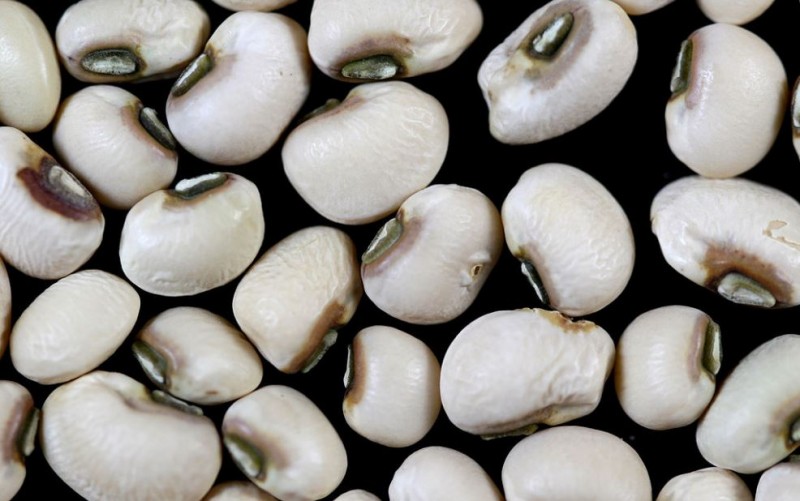
Black eyed peas, commonly known as cowpeas or lobia in various cultures, stand out as a nutritional powerhouse due to their exceptional health benefits. Rich in essential nutrients, minerals like calcium, and a high protein content surpassing even meat and eggs, these legumes offer immense advantages for overall well-being. Here’s an in-depth look at why incorporating black eyed peas into your diet can significantly boost your health:
1. High Protein Content:
Black eyed peas are renowned for their high protein content, making them a valuable source of plant-based protein, particularly for vegetarians and vegans. With approximately 25 grams of protein per 100 grams, these legumes provide a substantial portion of the daily recommended intake. Protein is essential for muscle repair, growth, and overall body function, making black eyed peas an excellent addition to any diet focused on enhancing physical strength and vitality.
2. Nutrient Density:
In addition to protein, black eyed peas are packed with essential nutrients such as vitamins (including vitamin A, vitamin C, and several B vitamins), minerals (including potassium, magnesium, and iron), and dietary fiber. These nutrients play crucial roles in supporting various bodily functions, from immune system health to digestion and cardiovascular function.
3. Iron Boost:
Consuming black eyed peas regularly can significantly contribute to maintaining healthy iron levels in the body. Iron is essential for the production of hemoglobin, which carries oxygen throughout the body. Adequate iron intake helps prevent iron deficiency anemia, a condition characterized by fatigue, weakness, and impaired cognitive function. Incorporating black eyed peas into meals can thus support overall energy levels and vitality.
4. Low-Calorie, High-Nutrient Profile:
Despite their nutritional density, black eyed peas are relatively low in calories, making them a favorable option for those aiming to manage their weight or maintain a balanced diet. Their high fiber content also promotes satiety, helping to curb hunger and support weight management efforts.
5. Antioxidant Properties:
Black eyed peas boast significant antioxidant properties, attributed to their rich content of phytochemicals such as flavonoids and polyphenols. Antioxidants help neutralize harmful free radicals in the body, thereby reducing oxidative stress and inflammation. This antioxidant capacity contributes to overall cellular health and may lower the risk of chronic diseases.
6. Versatile Culinary Uses:
Beyond their nutritional benefits, black eyed peas are incredibly versatile in culinary applications. They can be used in various dishes ranging from soups and stews to salads and patties. In many cultures, black eyed peas are a traditional ingredient in celebratory meals and cultural festivals, emphasizing their cultural significance alongside their nutritional value.
7. Health Benefits Beyond Nutrition:
Regular consumption of black eyed peas is associated with several health benefits beyond nutrition. Studies suggest that their consumption may help reduce the risk of chronic conditions such as heart disease, diabetes, and certain types of cancer. Additionally, their fiber content supports digestive health by promoting regular bowel movements and maintaining gut microbiota balance.
Black eyed peas, recognized globally as a superfood, offer a multitude of health benefits that make them a valuable addition to any diet. Whether you're looking to boost your protein intake, support iron levels, manage weight, or enhance overall health, incorporating black eyed peas into your meals can contribute significantly to achieving these goals. Their nutrient density, antioxidant properties, and culinary versatility underscore their role as a cornerstone of healthy eating practices.
Incorporate black eyed peas into your diet today and experience firsthand the remarkable health benefits this humble legume has to offer.
Social Media Day 2024: Is Social Media Ruining Your Social Life? How to Make it Relevant
Can wearing a tight bra cause breast cancer? Know the facts
Helpful Tips for Managing Bedwetting in Children Without Scolding